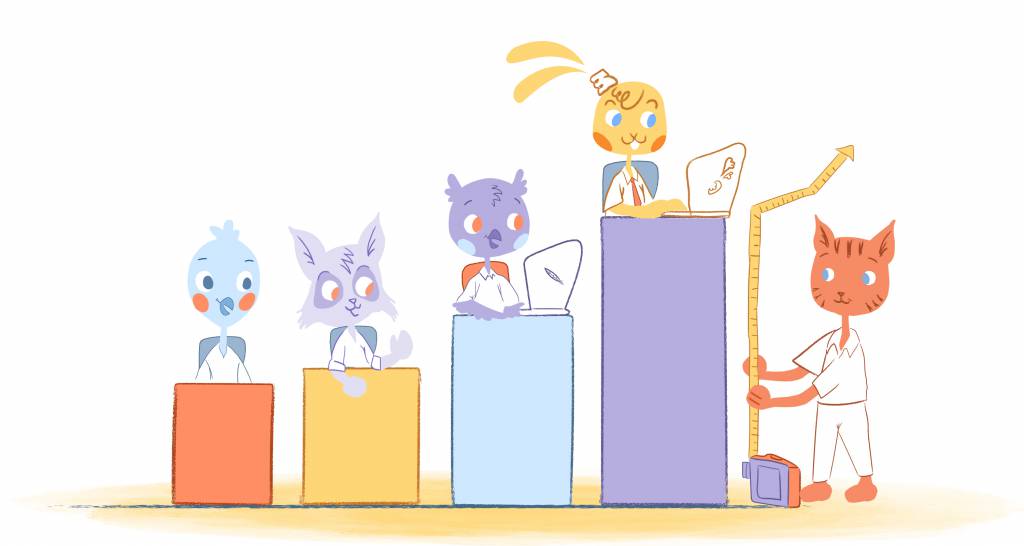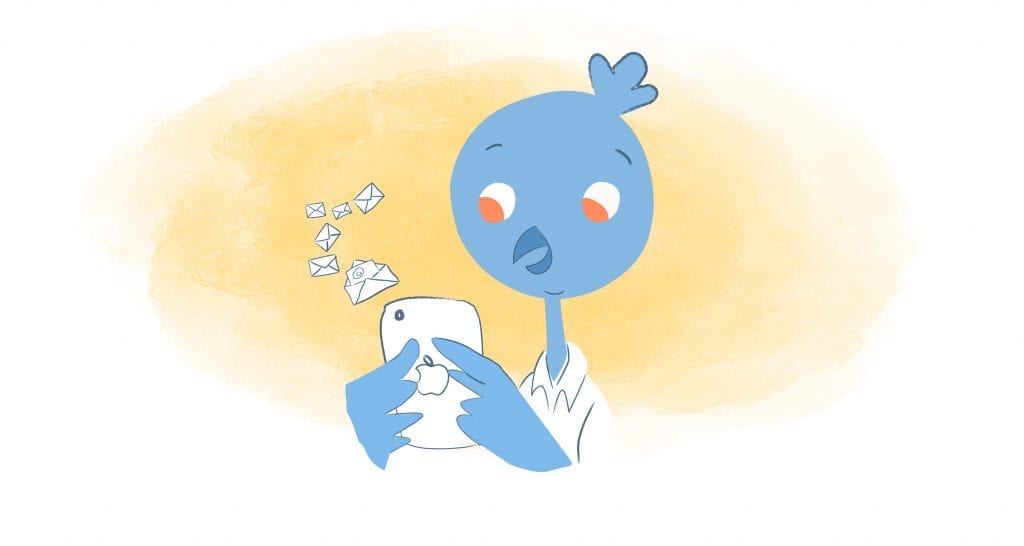

Productivity is a skill that we frequently talk and think about — but can always improve. There are habits in everyone’s lives that take time and allocate it towards unproductive, unnecessary and/or invaluable things.
A big step towards increasing happiness levels, furthermore, is becoming more productive. When we can achieve more in shorter periods of times — it gives us both more leisure time to do other things we like.
It also the added bonus of feeling challenged and accomplished. You feel much better completing a task in an hour as opposed to three if the quality is the same in both cases. That, therefore, puts a large emphasis on increasing productivity.
Here are four common habits that you can cut out from your life to increase your productivity by 100 percent and increase your happiness levels:
1. Getting distracted by notifications.
How often do you let yourself get distracted by notifications? This could be text conversations in the middle of the day, Snapchats, news notifications, and checking your email. Each notification can take your brain away from the previous task at hand.
When you are being productive, notifications can be a real detriment to your productivity. Getting our brains into complete focus mode, or flow can be challenging.
Be totally immersed.
Once we are there, totally immersed in what we are doing, we are significantly more productive. Think about times when you have been entirely focused on the task at hand and the energy as well as rigor you were able to commit towards it.
Disruptions.
Any disruption to that train of thought dips our productivity. Stopping work to respond to someone does not only take away the amount of time necessary for a response, but also the time it takes to bring your mind back to the task at hand.
Know when you are most productive.
Plus, there are certain times in the day when we are particularly productive given what we have recently eaten or the previous activities in the day. Spending that high-productivity time responding to messages (an often simple task), is a huge waste.
The solution is two-fold.
First:
Take away distractions when you are working. Do not sit next to your phone, do not have your email open, plug in your earbuds if your coworkers are going to be distracting you and so forth.
You do not even have to move your phone if you turn off the vibrations and push notifications. You could also just keep the earbuds in your ears without music. The key is to eliminate opportunities for distraction.
Second:
You can handle many of your notifications in bursts. What’s the point of checking your email 10 times in a day? It is not frequently that you will be expected to respond to something within an hour, despite how you might feel.
If you get back to people within 24 hours, that is almost always sufficient. That means, in theory, you could check your email once a day and respond to everything. This is instead of letting emails interrupt you every hour.
Sometimes, it is more complicated than that, but you should check email as sparingly as possible. In regards to other messaging apps, you have to decide how important conversations are to you.
You could text and Snapchat and Instagram DM people all day — but it is often not necessary, especially during your most productive hours. Instead, when you work, you should do everything you can to enter a highly-productive state without distraction.
2. Making sure everything is perfect.
Not all of your work has to be perfect. It will often take just as much time getting something from 90 to 100 percent as it does to get to 90 percent in the first place. You should, therefore, eliminate your perfectionist desires.
Frequently, 90 percent is sufficient. We have a significant number of tasks to accomplish throughout the day. It is critical to understand which ones you need to focus most intently on. Otherwise, you will end up spending time and energy on things that are not necessary. This is both often unenjoyable, and it takes attention away from what really does matter.
3. Eating unhealthily (or skipping meals) because you “do not have enough time.”
Although it can be easy to skip meals or eat poorly in the moment, it is not worth it. Over time, it will build up and dramatically hurt your productivity.
In order to be maximally efficient, we need proper nutrients.
That means a variety of vegetables, carbohydrates, fats, proteins, fibers and other vitamins. It also means consuming them at the right time of day.
Proper food in the morning can boost your entire day. A snack or lunch in the middle can keep you going and a healthy dinner can help wind your body down for bed.
That puts a huge emphasis on proper eating. Take the necessary time to prepare or plan meals. Although it might feel like you do not have the time, you will have far more energy because of it. This will lead to heightened productivity levels, and you will, ultimately, accomplish more.
4. Skipping out on sleep (or not sleeping well).
Skipping sleep is similar to the poor eating. You can do it in the moment, but it will always come back to bite you.
It is possible to drink extra coffee or find the energy to make it through a long night. Over time, though, your productivity will plummet. You will lack energy moving forward, and it will give you much less rigor to tackle what you have to do.
Not enough sleep.
Plus, less sleep leads to dips in creativity and abilities to retain information. Those are both important factors in the workplace that you do not want to go without.
Winding down at night.
It is, therefore, not worth sacrificing sleep. Instead, do what you need so that you can get sufficient sleep. This also means winding down before bed. You could give yourself eight hours, but if it takes you two of them to fall asleep each night because your mind is all over the place, that defeats the purpose.
For everyone, winding down and the necessary hours of sleep are different. It is important, though, to find what you need to be most energetic each day and to be honest with yourself.











Howie Jones
My name is Howie and I'm a Customer Success Manager at Calendar. I like to ensure our customers get the best experience using our product. If you have questions email me howie at calendar.com